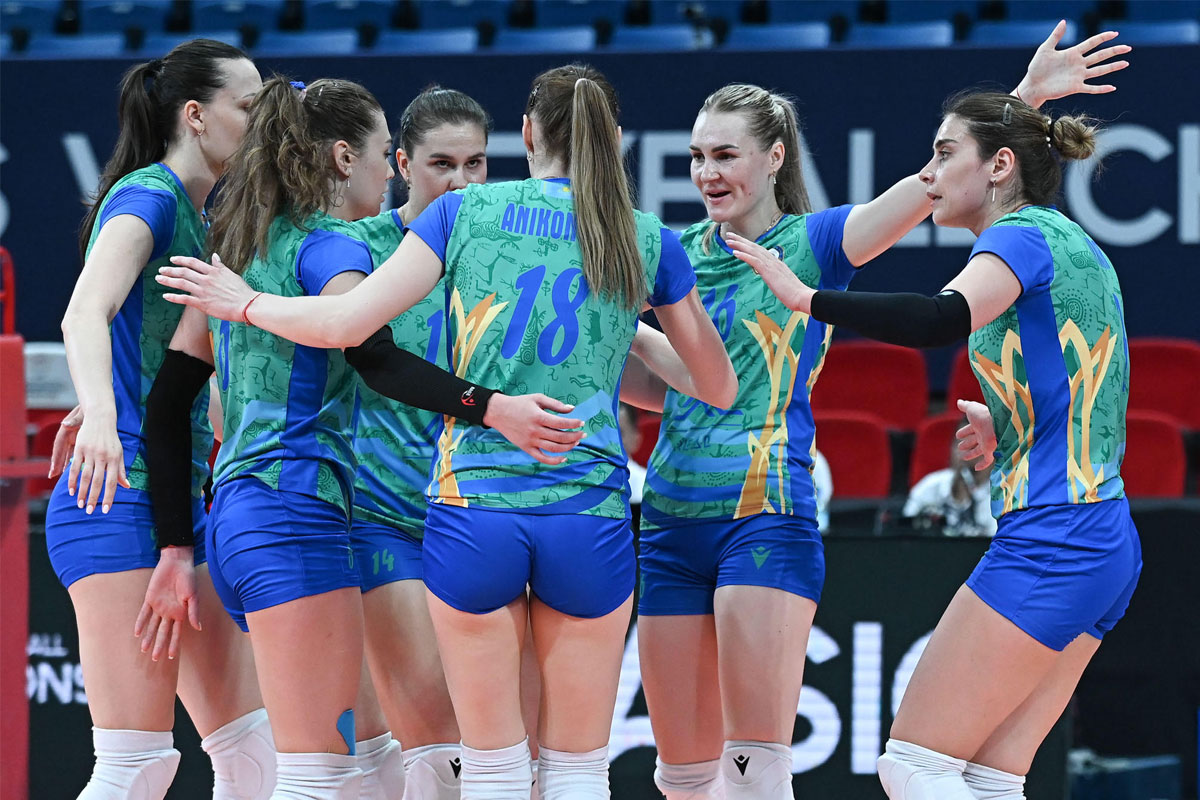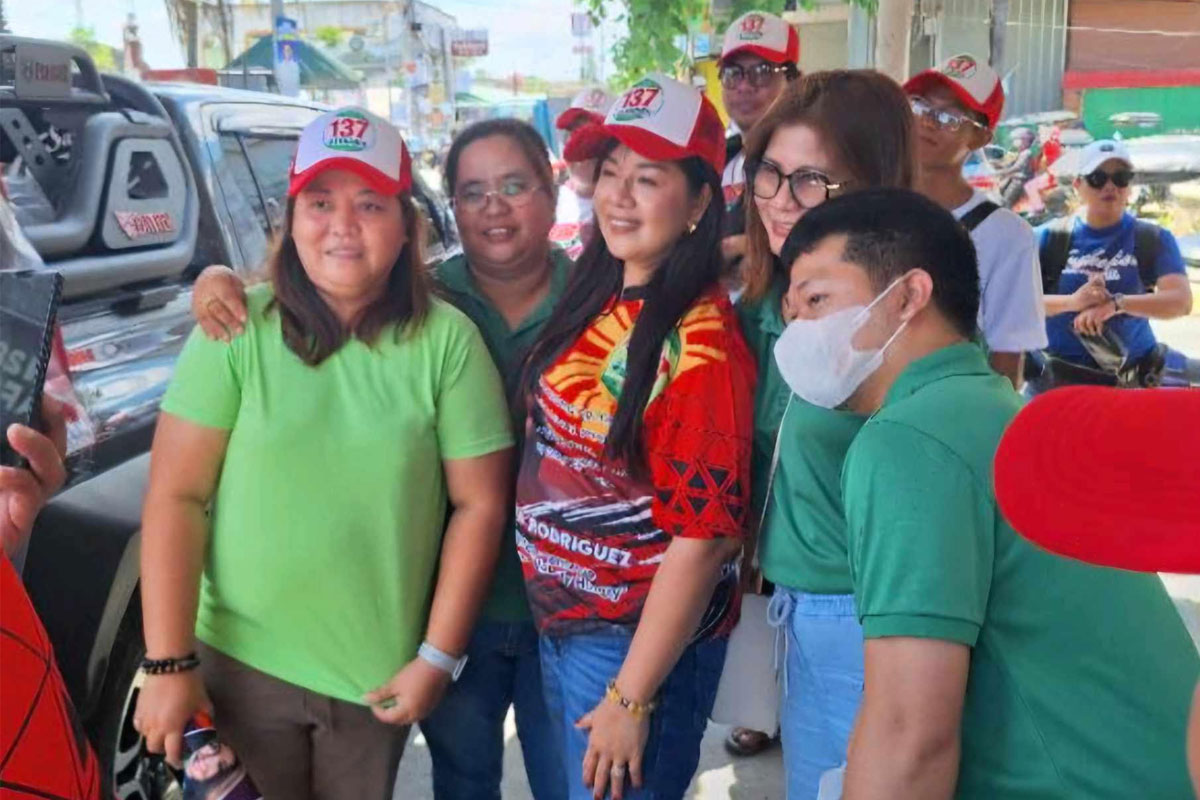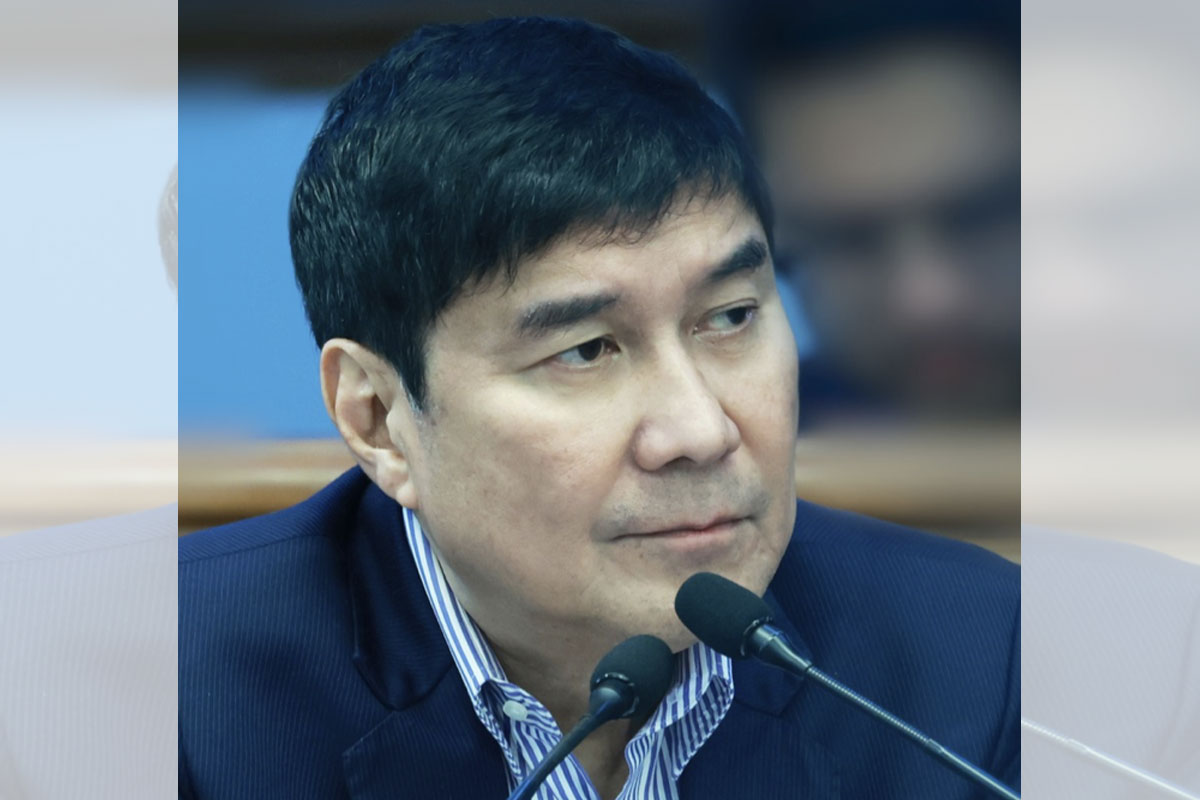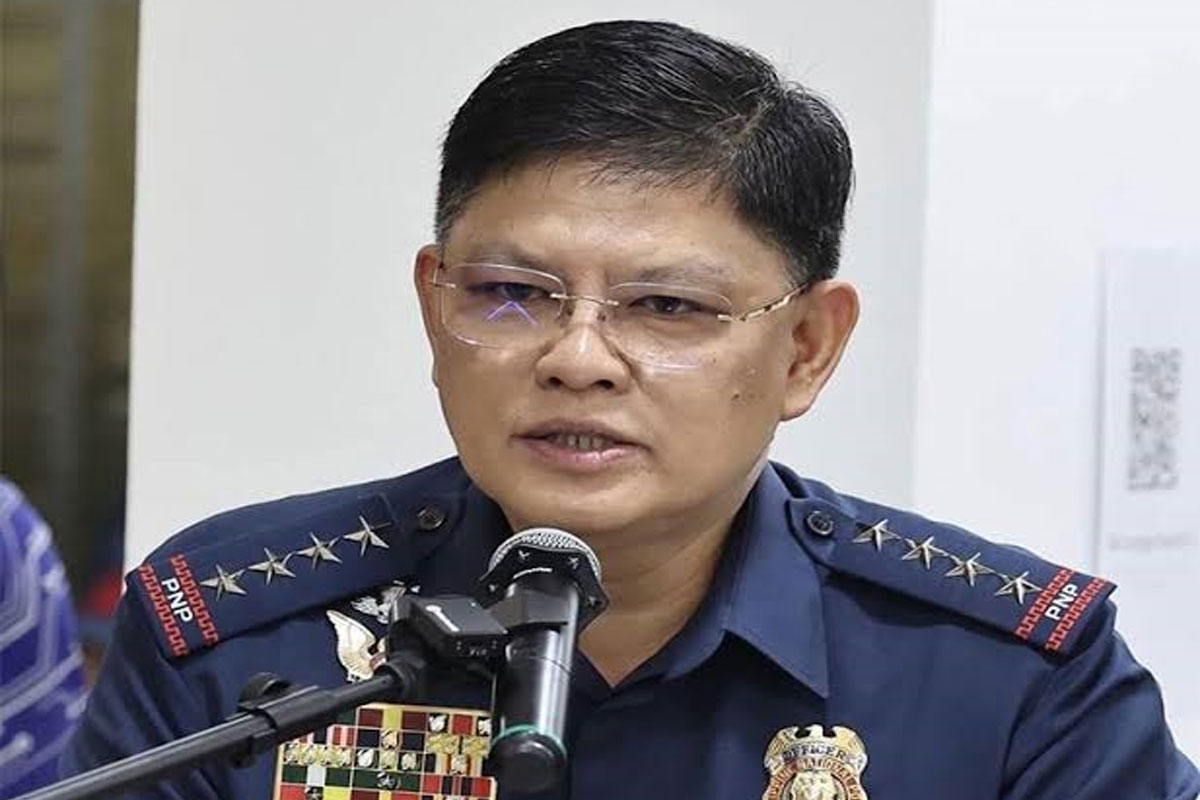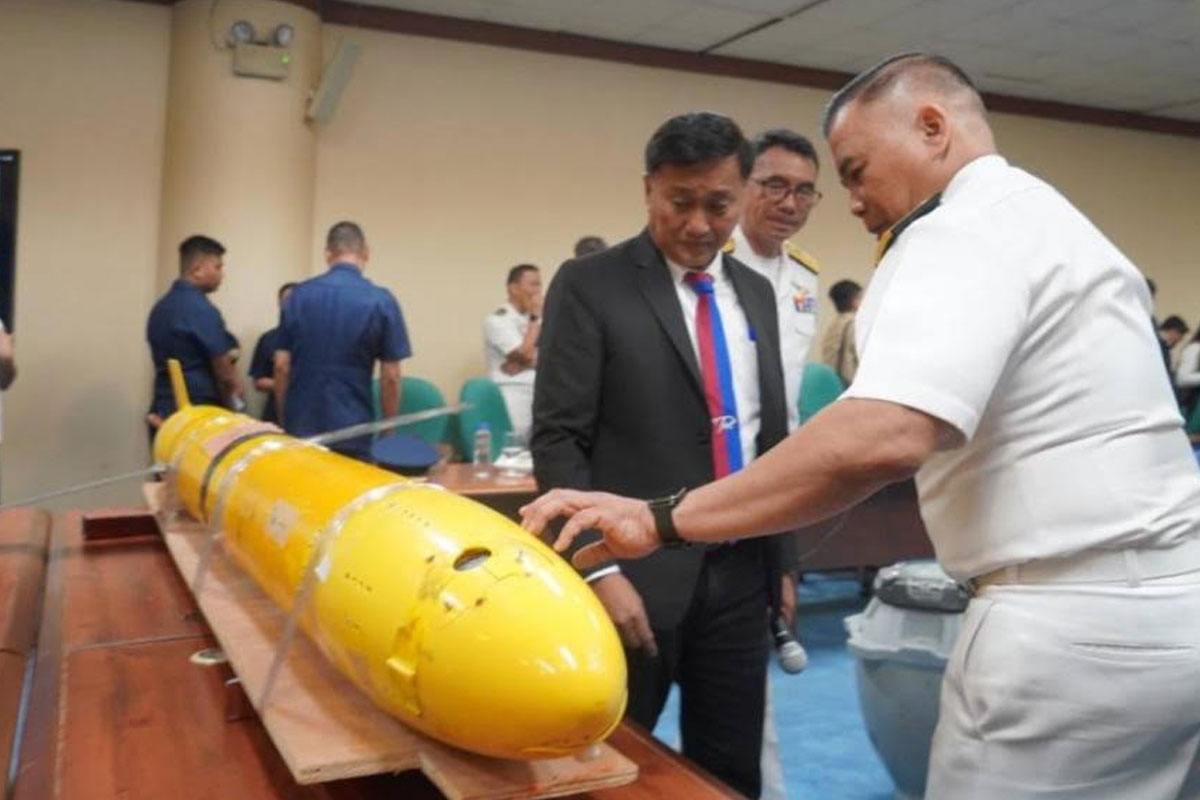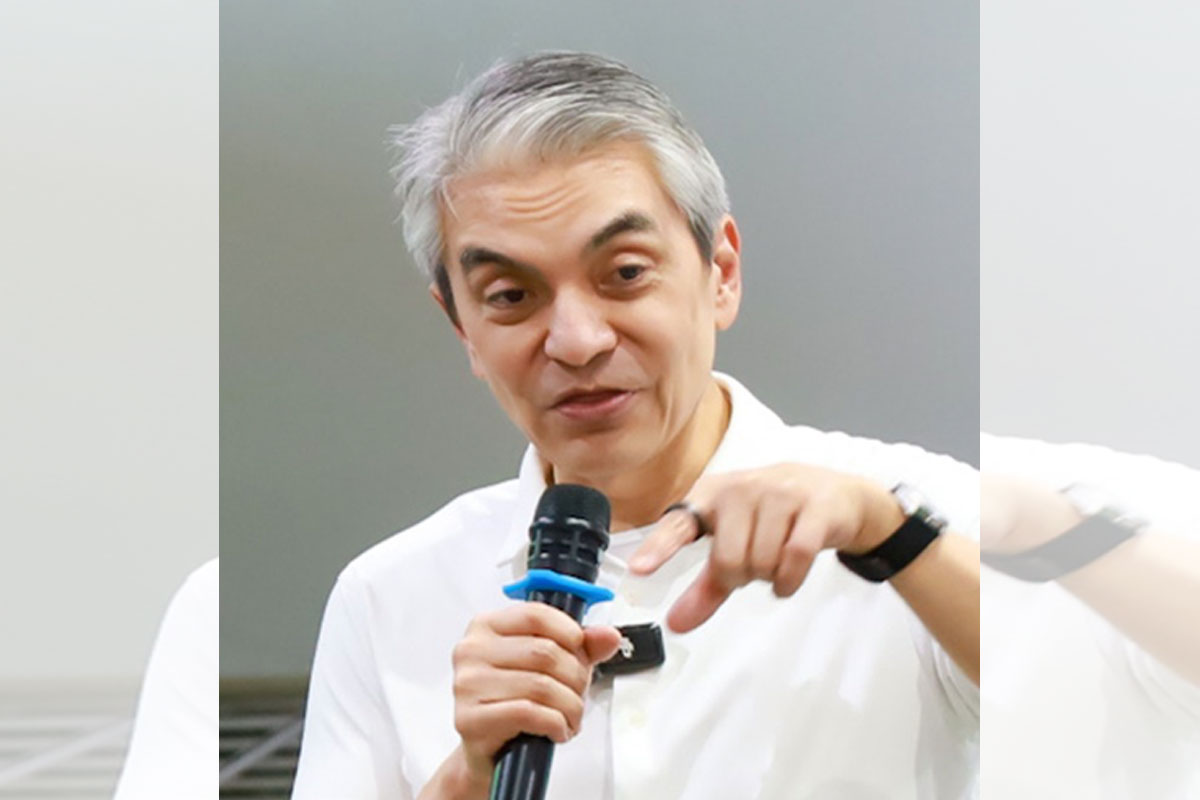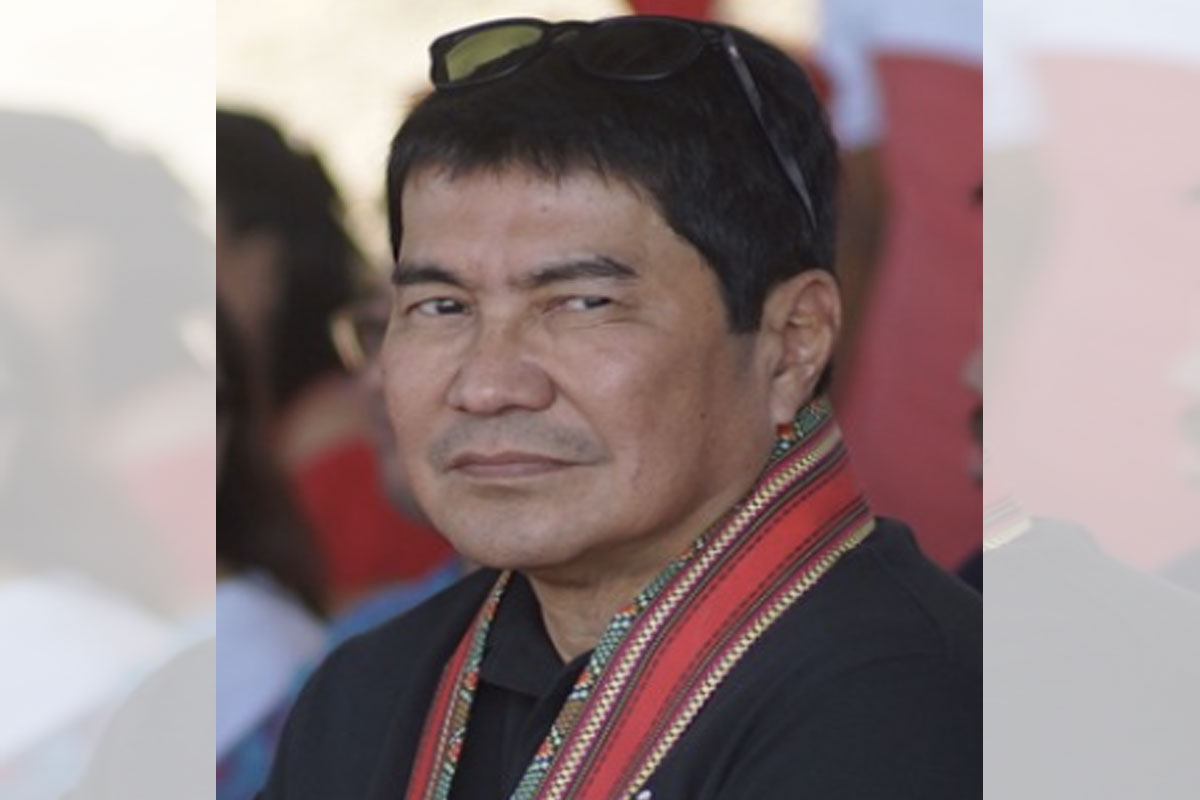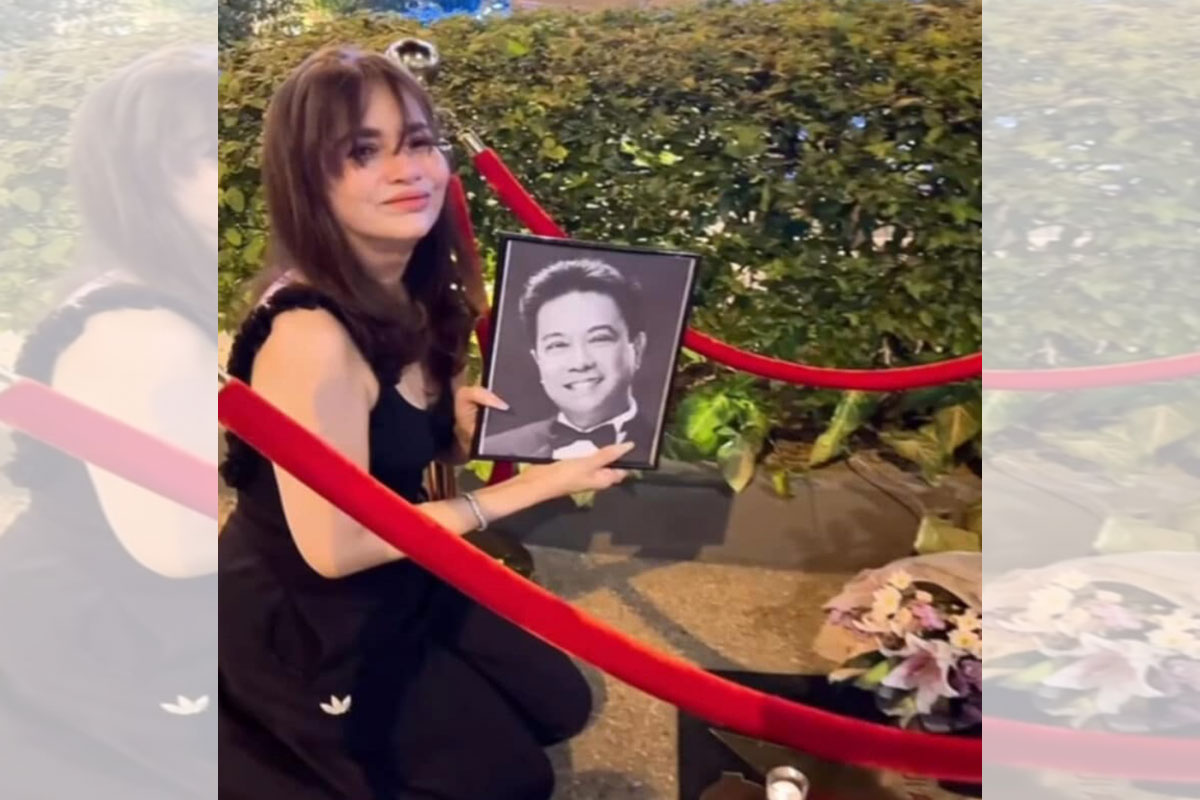
THE LINK
THE involvement of Senator Bong Go in the alleged reward system in the Extrajudicial killing (EJK) is through “Muking,”
This was disclosed by former Philippine Charity Sweepstakes Office (PCSO) General Manager Royina Garma as she exposed the involvement of key figures of the previous administration in the EJKs.
The key figure identified in Garma’s testimony is Irmina Espino, also known by the alias “Muking” or “Moking.”
It was revealed that Espino was a staff member in Go’s office at Davao City Hall during Duterte’s time as mayor, and continued to work with him when Go became Special Assistant to the President at Malacañang, serving as Assistant Secretary in his office.
Garma, a retired police colonel with close ties to Duterte, left lawmakers stunned with her disclosure of details about the alleged reward system for EJKs during the previous administration’s war on drugs.
In her affidavit submitted to the Quad Committee, Garma implicated Duterte and Go in orchestrating a nationwide campaign that led to EJKs of drug suspects during his term.
The affidavit provided new insight into the internal workings of Duterte’s controversial war on drugs, including an alleged reward system for killings.
Garma directly implicated Espino in sensitive communications and financial dealings related to the drug war.
She testified that in 2016, Espino contacted her to obtain the contact information of then-Criminal Investigation and Detection Group (CIDG) Region 11 Chief Col. Edilberto Leonardo, at Duterte’s request.
This occurred after Garma recommended Leonardo, her upperclassman at the Philippine National Police (PNP) Academy, to Duterte to lead a national anti-drug task force, replicating the infamous “Davao Model.”
“On the same day, a certain individual named ‘Muking’ contacted me by phone to request Leonardo’s contact details, which I promptly provided,” Garma stated in her affidavit.
This seemingly routine exchange set the stage for the formation of a national task force that replicated the Davao Model of anti-drug operations — a system that rewarded officers for killings and provided funding for operational costs.
Garma explained that the Davao Model operates on three levels of payments or rewards: a reward for killing suspects, funding for planned operations, and reimbursement of operational expenses.
During the hearing, Quad Comm co-chair Santa Rosa City Rep. Dan Fernandez sought clarification, asking if “Muking” referred to Espino.
Garma confirmed that Espino had been a staff member in Go’s office at the time, directly linking her to Go and the coordination of drug war operations.
The revelations prompted the Quad Committee to summon Espino for questioning in the next hearing.
Fernandez, alongside overall chair Surigao del Norte 2nd District Rep. Robert Ace Barbers, stressed the urgency of uncovering Espino’s role in the financial transactions behind the war on drugs.
“Comsec (Committee Secretariat), please coordinate with the PMS (Presidential Management Staff) and invite the name Muking,” Barbers ordered, calling for Espino to be brought forward to clarify her involvement.
Garma also detailed Espino’s involvement through her connection to Peter Parungo, a non-PNP personnel who managed large sums of money funneled through various bank accounts during the drug war operations.
According to Garma, Parungo handled transactions involving significant amounts of cash, raising red flags.
“Naku ma’am baka ma-AMLA na ako kasi every week malalaking amount pumapasok,” Parungo had reportedly told Garma, expressing fears of being flagged by the Anti-Money Laundering Council (AMLC).
Parungo’s accounts at Metrobank, BDO, and PS Bank were the primary conduits for these transactions.
The funds, Garma testified, were linked to instructions from Espino. “That’s where I learned na siya pala ang pinupuntahan ng pera,” Garma revealed, identifying Espino as the source of the financial directives.
The Quad Comm, already investigating the intersection of illegal Philippine offshore and gaming operators (POGO), drug syndicates, and drug-related EJKs, is now focused on tracing the financial trail behind Duterte’s drug war.
Lawmakers are eager to uncover the full extent of Espino’s role, particularly whether she acted independently or as part of a broader network connected to Go’s office.
The next hearing is expected to delve deeper into the financial underpinnings of the anti-drug campaign, with Espino’s testimony anticipated to provide critical insights.
Barbers emphasized the importance of following the money trail, directing the committee to work with the AMLC to trace the flow of funds.
“Kung ipapahanap natin sa AMLA ang financial transaction sa tatlong bangko na binabanggit, malaki ang pera doon,” Barbers said, hinting at potential money laundering activities.



